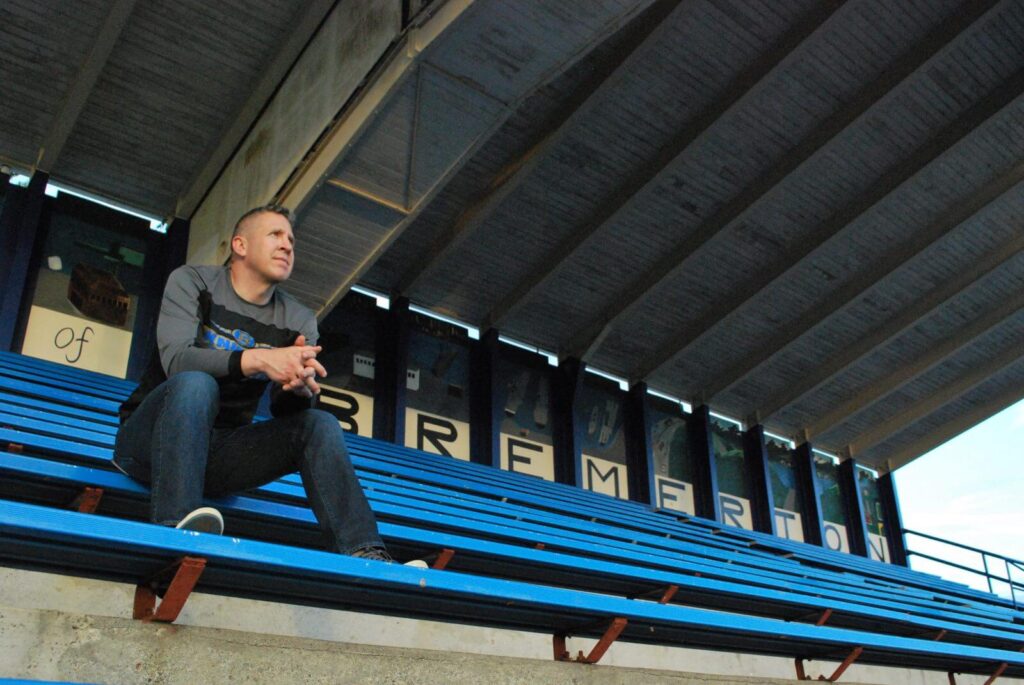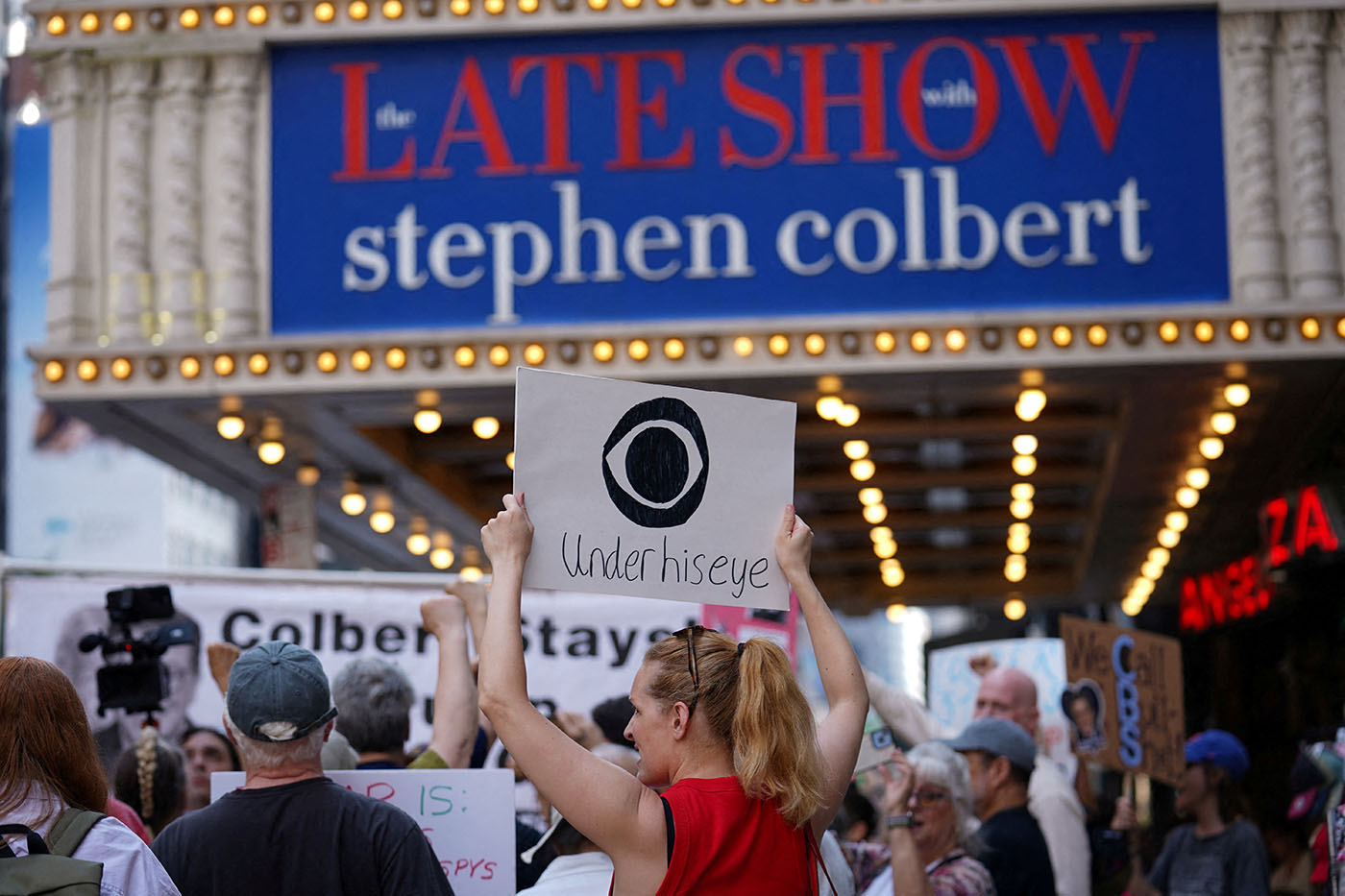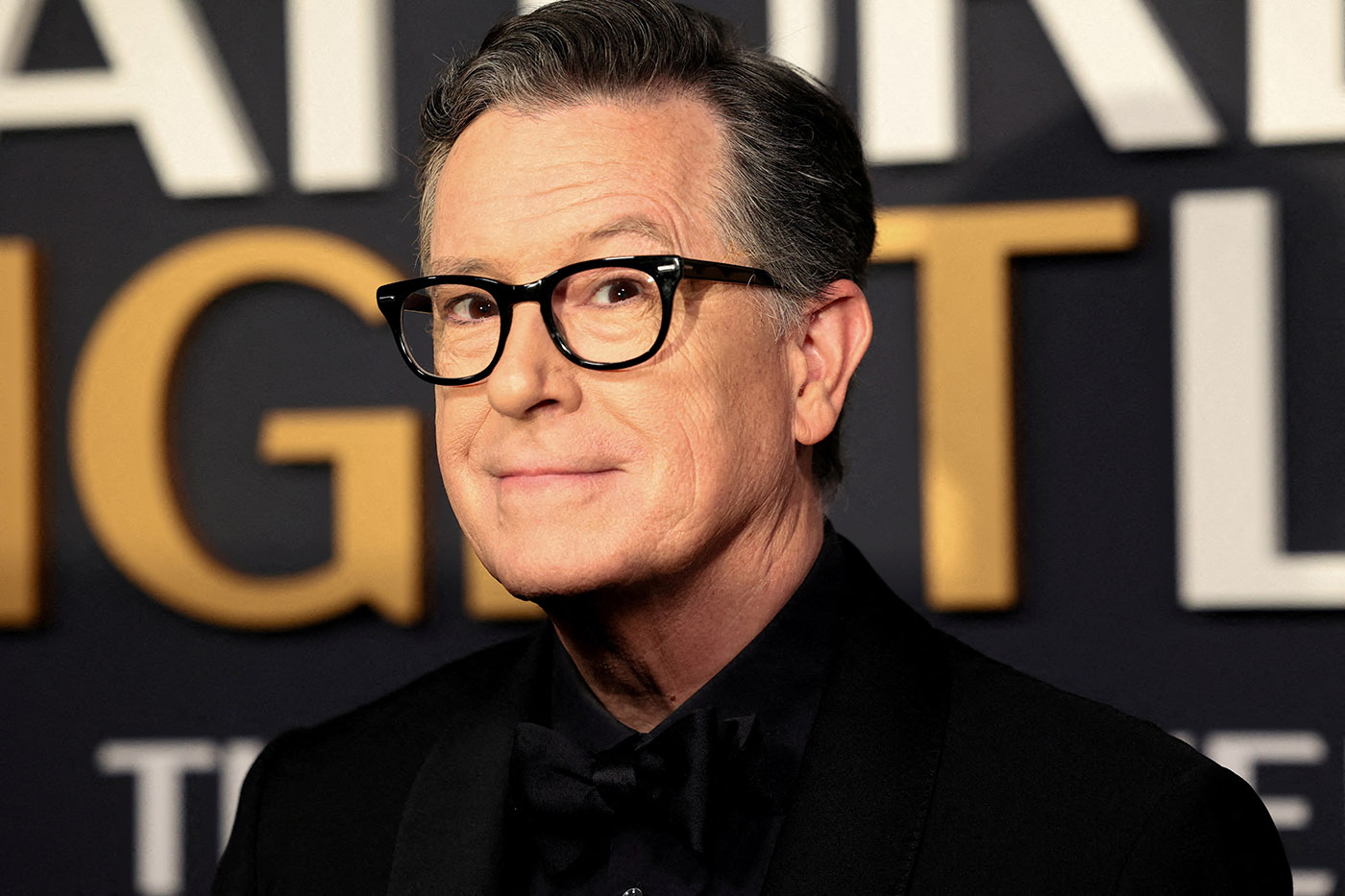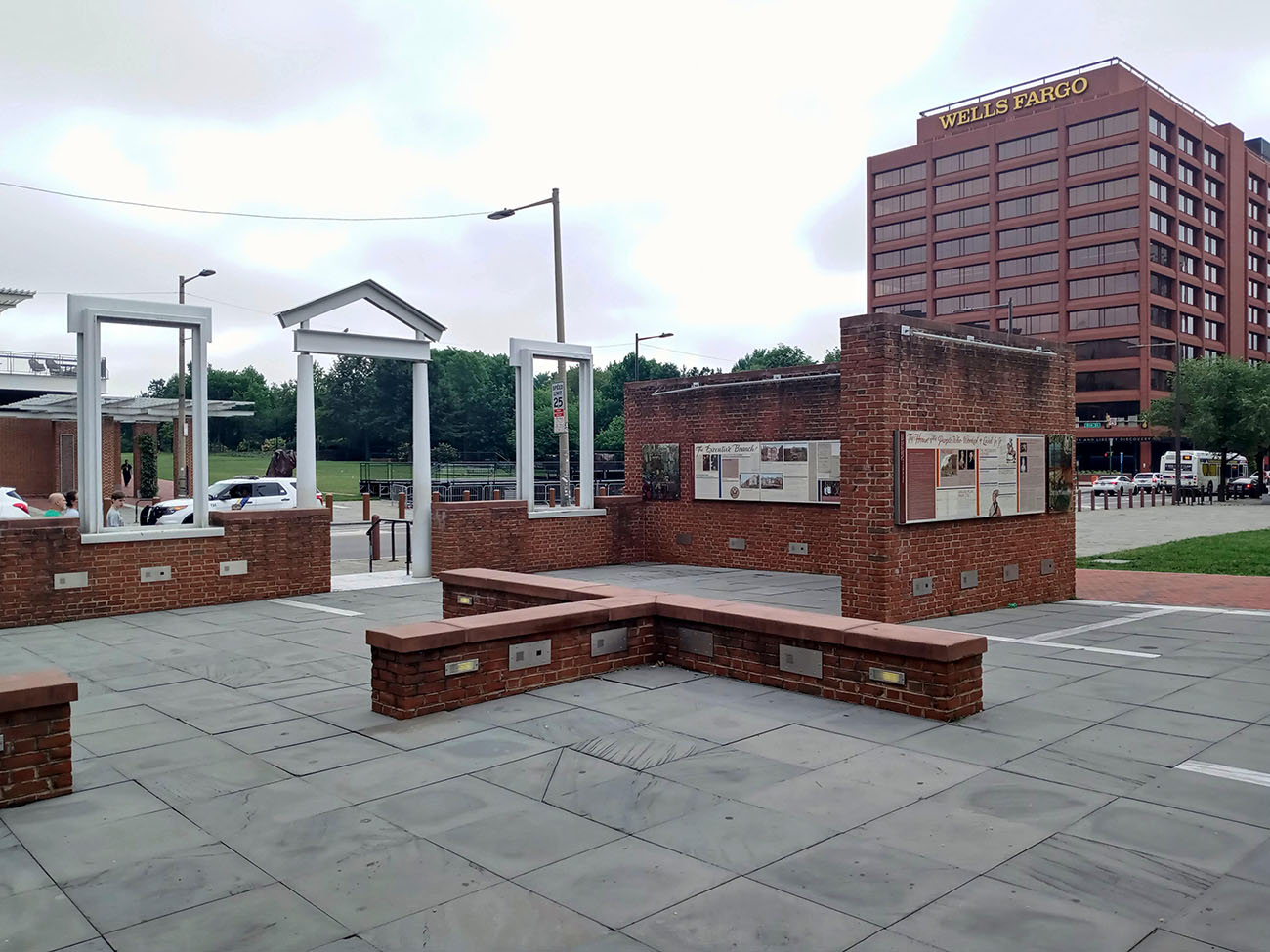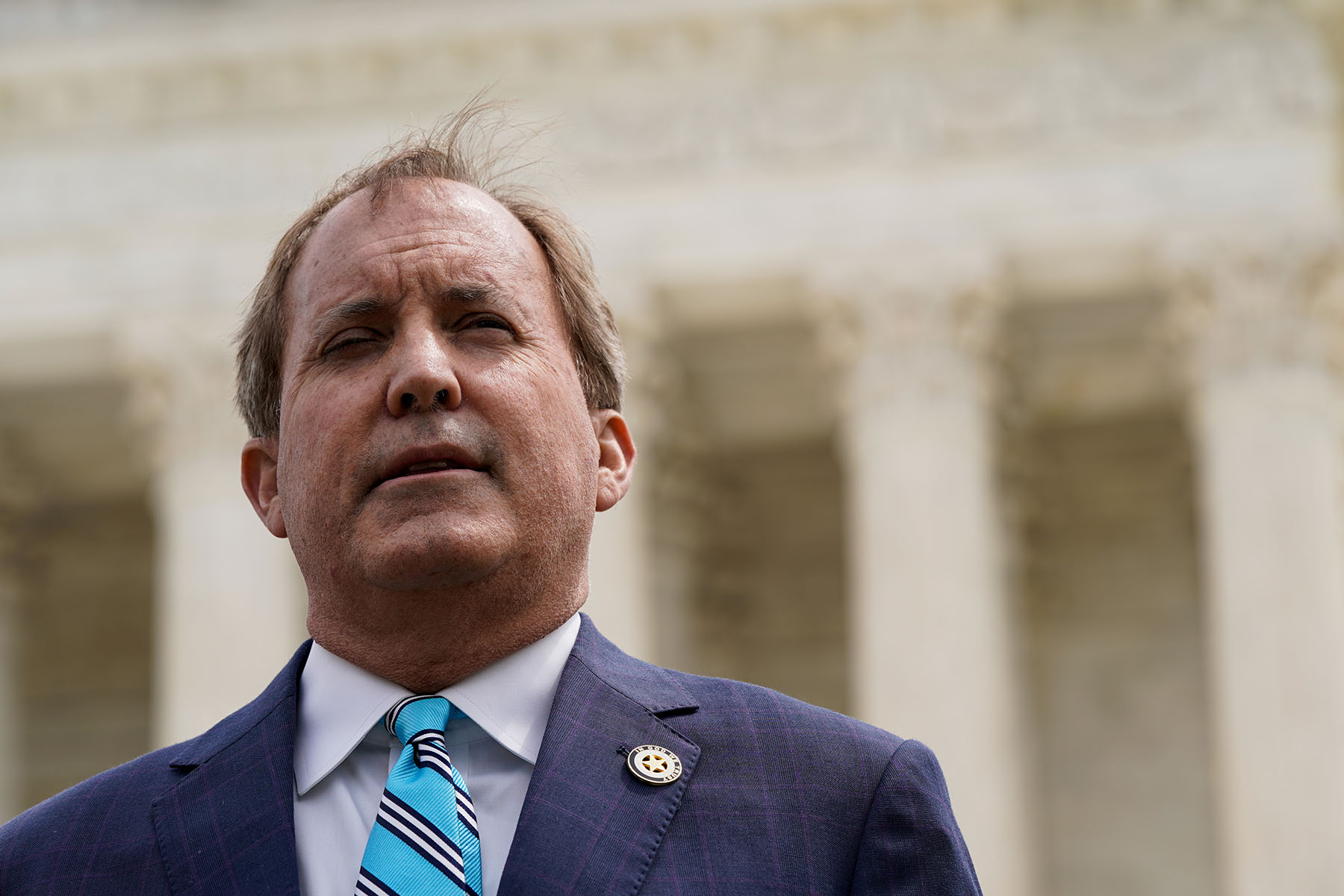In a long awaited and highly anticipated ruling, the U.S. Supreme Court reversed the 9th U.S. Circuit Court of Appeals and ruled 6-3 in favor of assistant high school football coach Joe Kennedy who took a knee to pray at midfield at the end of games.
In yet another decision handed down during this term from the conservative bloc of six, Justice Neil Gorsuch wrote on behalf of the majority with Justice Sonia Sotomayor writing a dissent joined by justices Stephen Breyer and Elena Kagan.
Kennedy v. Bremerton School District addresses two compelling questions regarding First Amendment protections for speech and religion: whether a public school employee, Coach Joe Kennedy, enjoys First Amendment protection under the Free Speech and Free Exercise clauses when saying a brief prayer immediately at the conclusion of a school football game and visible to students. And second, even if the expression is protected as free speech, whether the school is compelled to prohibit his prayer due to the Establishment Clause of the First Amendment.
The Establishment Clause forbids public schools and their employees from promoting religious beliefs in front of students. The court has warned about direct and indirect coercive pressure placed upon students who may feel peer pressure to conform to majoritarian religious practices.
In addressing the free speech question, Gorsuch referenced two Supreme Court decisions, Pickering v. Board of Education (1968) and Garcetti v. Ceballos (2006) which discussed First Amendment protections for government employees to ask: “Did Mr. Kennedy offer his prayers in his capacity as a private citizen, or did they amount to government speech attributable to the District?”
According to the majority opinion, the coach’s prayer was separate from his school duties.
Gorsuch wrote, “He was not instructing players, discussing strategy, encouraging better on-field performance, or engaged in any other speech the District paid him to produce as a coach. Simply put: Mr. Kennedy’s prayers did not “ow[e their] existence” to Mr. Kennedy’s responsibilities as a public employee.”
Gorsuch faulted the school district’s and the lower courts’ logic in deciding that the coach had triggered the Establishment Clause. “The District suggests that any visible religious conduct by a teacher or coach should be deemed—without more and as a matter of law—impermissibly coercive on students. A rule that the only acceptable government role models for students are those who eschew any visible religious expression would undermine a long constitutional tradition in which learning how to tolerate diverse expressive activities has always been ‘part of learning how to live in a pluralistic society,’” Gorsuch wrote.
In her dissent, Sotomayor disputes the facts on which the opinion was based by writing, “To the degree the Court portrays petitioner Joseph Kennedy’s prayers as private and quiet, it misconstrues the facts. The record reveals that Kennedy had a longstanding practice of conducting demonstrative prayers on the 50-yard line of the football field. Kennedy consistently invited others to join his prayers and for years led student athletes in prayer at the same time and location. The Court ignores this history.”
Coach Kennedy was raised in the Navy town of Bremerton, Washington, and graduated from the high school in the crosshairs of how public schools handle religious speech by employees. The coach in midlife became a devout Christian, according to a 2015 story published by the hometown newspaper, The Kitsap Sun.
Kennedy became Bremerton High’s assistant football coach in 2008 and yet, it wasn’t until September 2015 that his bosses learned about his post-game prayer routine. “For seven years, no one complained to the district about Kennedy’s religious exercise of expression,” according to the court brief filed by his attorneys, First Liberty Institute, a conservative Christian legal nonprofit.
Once aware, the school district “recognized that the practice could be coercive,” as described in the brief filed by respondent’s counsel, Brian Katskee, vice president and legal director of Americans United for Separation of Church and State. Katskee added that the school district later heard from players’ parents that their children felt “compelled to participate.”
Both sides agree there was a period of trying to work out a solution, then a week of the coach following the district’s orders to abstain from post-game midfield prayer. But with a change of heart, the coach announced his intention on social media to press the issue at the next game. Larger crowds, increased media and discomfort grew among the head coach, the school district, some parents and members of the community. The school district recommended in November 2015 that Kennedy not be rehired as the high school’s assistant coach.
Jeremy Dys, senior counsel with First Liberty and a member of Kennedy’s litigation team, described their effort to First Amendment Watch as a “small ask” from the school district and says First Liberty “did everything we could to avoid going to the Supreme Court. Back in 2008, Joe made a commitment to God. That commitment was to go to the 50-yard line and pray by himself for 15 seconds. The school kept changing the goalposts.
“They said, ‘Students can see you involved in religious activity’ even though he was alone for 15 seconds, and because they can see you engaged in a private act of religious activity, that could be against the establishment clause.”
Dys says all Kennedy wants is to return to coaching at the school and fulfill what he believes is his commitment to God at midfield at the end of games.
A lineup of former U.S. attorneys general including Edwin Meese, William Barr, Alberto Gonzalez and Jeff Sessions added their voices with a brief in support of the coach. They noted, “The Ninth Circuit came to the erroneous conclusion that Coach Kennedy’s brief prayers following each football game essentially established a state religion. But the Establishment Clause, properly understood through historical practice, cannot be violated absent legal compulsion. Nor does the Clause demand strict government neutrality towards religion.”
Daniel Mach, the director of the ACLU Program on Freedom of Religion and Belief, questions First Liberty’s framing of the facts to describe what led to Kennedy’s dismissal. Mach spoke with First Amendment Watch days before the court released its decision.
“One of the biggest things about this case is how deceitful this all was. It was never solitary, personal or quiet. It was never his (Coach Kennedy’s) intention that it be solitary, personal or quiet,” Mach said.
Mach was asked about the potential impact of the Supreme Court overturning the lower courts in this case.
“Nearly every religious exercise claim has the potential to be a disaster for those who value the separation of church and state,” he said.
Kennedy v. Bremerton School District First Liberty Institute brief for petitioner The Kitsap Sun
Americans United for Separation of Church and State brief for Respondents
Tags
